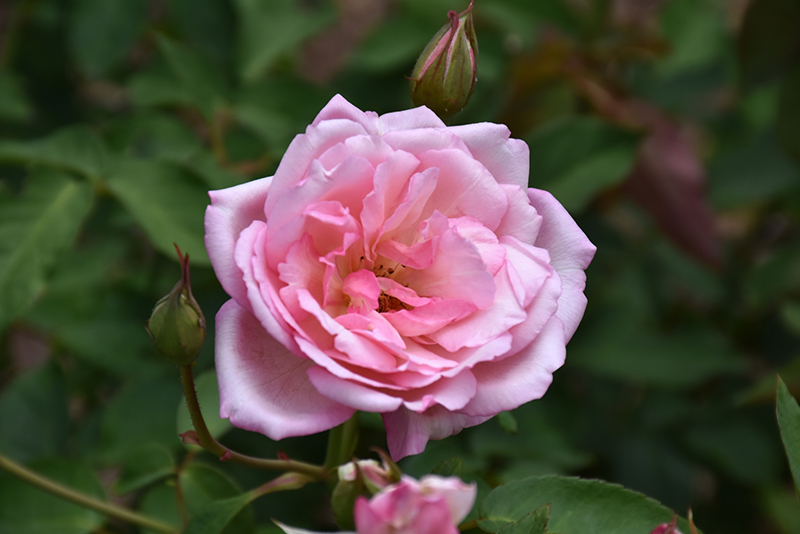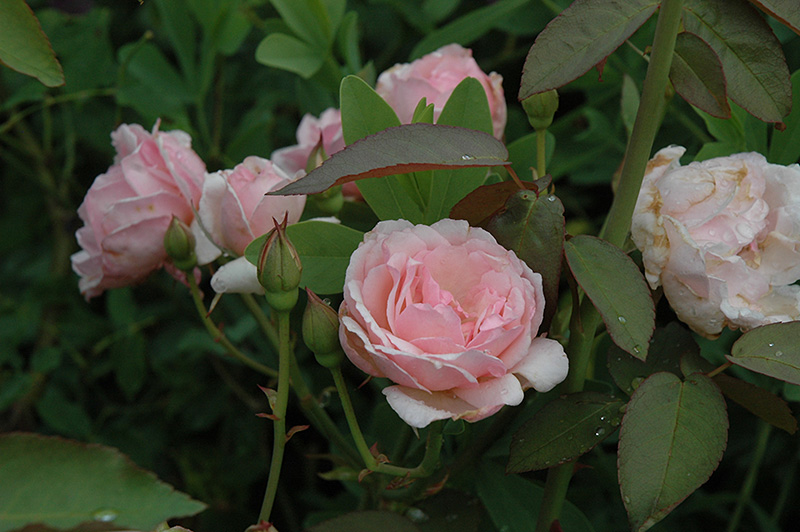PLANT FINDER
Duchesse de Brabant Rose
Rosa 'Duchesse de Brabant'
Height: 6 feet
Spread: 6 feet
Sunlight:
![]()
Hardiness Zone: 6b
Other Names: Comtesse de Labarathe, Comtesse Ouwaroff
Group/Class: Hybrid Tea Rose
Description:
A classic among pink roses, this beauty bears large cup shaped blooms filled with rich rose perfume and carried on long stems; this vigorous bush is attractively clothed in apple green foliage as a backdrop
Ornamental Features
Duchesse de Brabant Rose features showy fragrant fully double pink round flowers with gold eyes at the ends of the branches from late spring to mid fall. The flowers are excellent for cutting. It has light green deciduous foliage. The oval compound leaves do not develop any appreciable fall color.
Landscape Attributes
Duchesse de Brabant Rose is a multi-stemmed deciduous shrub with an upright spreading habit of growth. Its average texture blends into the landscape, but can be balanced by one or two finer or coarser trees or shrubs for an effective composition.
This is a high maintenance shrub that will require regular care and upkeep, and is best pruned in late winter once the threat of extreme cold has passed. It is a good choice for attracting bees and butterflies to your yard. Gardeners should be aware of the following characteristic(s) that may warrant special consideration;
- Disease
- Spiny
Duchesse de Brabant Rose is recommended for the following landscape applications;
- Accent
- Mass Planting
- Hedges/Screening
- General Garden Use
Planting & Growing
Duchesse de Brabant Rose will grow to be about 6 feet tall at maturity, with a spread of 6 feet. It tends to fill out right to the ground and therefore doesn't necessarily require facer plants in front, and is suitable for planting under power lines. It grows at a fast rate, and under ideal conditions can be expected to live for approximately 20 years.
This shrub should only be grown in full sunlight. It does best in average to evenly moist conditions, but will not tolerate standing water. It is not particular as to soil type or pH. It is somewhat tolerant of urban pollution. This particular variety is an interspecific hybrid.



